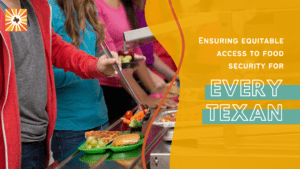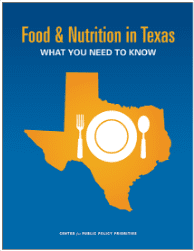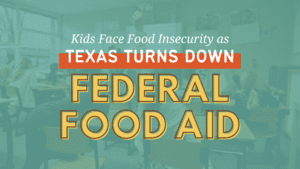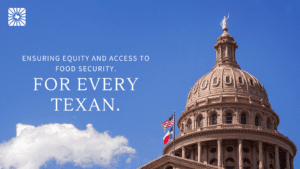
Summer Electronic Benefits Transfer Alleviate Summer Hunger for 3+ Million Kids
Twitter Facebook Linkedin View the full factsheet as a PDF here. In December 2022, a bipartisan Congress created a new, permanent program to provide food dollars to low-income families with




